Reflecting on the COVID-19 pandemic’s long-term effects on my mental health
Students graduating during the pandemic didn’t get in-person ceremonies. Photo courtesy of Asha Johnson.
In 2020, I was a fairly optimistic, ambitious senior at Mira Loma High school in Sacramento, California.
Now, I’m a third-year Cal State LA student slowly working to rebuild my social skills and my mental health.
On Friday, Mar. 13, 2020, my high school principal spoke on the loudspeaker during fifth period, announcing that campus would be closed until spring break due to the COVID-19 outbreak. A few weeks later, my school sent an email to say the campus would be closed the rest of the school year and we would be doing “distance learning.”
Lockdown was the worst of it.
At first, I welcomed the break from in-person class and was happy to see my family (and my dog, Chico) more often than I usually did. But the more time that passed with no end in sight, the harder I found it to see the bright side of things. Life had begun to feel stagnant.
“I was worried about the social isolation, especially for teens like you at the time,” my mom, Kim Johnson, who works as the Director of the Department of Social Services, recalled. “You didn’t come out of your room sometimes. I mean there would be whole days where I didn’t really see you leave your room except to grab something to eat.”
I struggled with staying motivated in my academics. I didn’t see my friends very often. I missed out on the senior year milestones, like the final rally, prom, and graduation.
I graduated high school in the spring of 2020. Our graduation ceremony consisted of a YouTube live stream, which we watched from home, showing self-submitted pictures of us in our caps and gowns. The school then set up a drive-thru to pick up our diplomas.
My dad, Marvin Johnson, a teacher, said he could see it was a struggle for me not being able to see my friends.
The pandemic “seemed to put a strain on some of your friendships,” said my dad during the same phone call where I spoke with my mom. “You guys got robbed of those senior year experiences like a real graduation, and you didn’t have a normal transition into college. I know that had to create some sense of disheartenment, like, ‘What am I doing?’ A lot of stuff probably didn’t seem to matter anymore. It was like that for a lot of us.”
I attended my entire first year of college virtually from home. While online school is something many people choose to do, I found myself somewhat resenting the experience. I again had a hard time finding my motivation and focusing during class, especially after sitting in front of my laptop screen for hours at a time. The idea of “Zoom fatigue” began to circulate as a potential issue.
A survey done by the Pew Research Center found that around a third of all Americans who had to do video calls during the pandemic experienced feeling burnout. About two in five Americans said their personal lives were significantly impacted and changed because of the coronavirus outbreak.
Being stuck at home with very little to do drew me to social media. I’ve been pretty active on social media ever since I got my first cell phone in the seventh grade, but never as active as I was at the height of the pandemic. In summer 2020, the Black Lives Matter movement gained steam due to George Floyd’s death at the hands of police brutality.
I’m a Black woman. I have two Black brothers. My parents are Black. For most of my life, the thought of someone in my family becoming a victim of police brutality was in the back of my mind. During summer 2020, though, it was at the forefront. My spirits were at an all-time low.
Scrolling through my timeline and seeing the tragedy and hopelessness people were experiencing took a toll on my mental health, as I’m sure it did for many of us. I noticed there was a kind of dichotomy in the feelings I was feeling. On one end, I was at one of my lowest points mentally, but I also knew I should be grateful for my privileges. I knew there were so many people who were struggling even more than me. It was very complicated to unpack all those conflicting thoughts.
I’ve always been an overthinker, and I started questioning my life purpose. Do I have one? Is it bad if I don’t? What am I really good at? What do I want for my career? Of course, I want to be successful, but what does success look like? What kind of person am I? What kind of person do I want to be?
It’s been nearly three years since the pandemic hit, and I still don’t have the answers to all those questions.
I’ve had to come to terms with the fact that I won’t ever have complete control of my future. That’s not to say that I don’t think the work I put in every day doesn’t matter — it absolutely does — but I’ve accepted that sometimes something will happen that may knock me off course. Being able to adapt to these situations is crucial. It’s a skill I hope to continue to develop.
I moved to Los Angeles in fall of 2021 and lived in student housing. At the time, there were still quite a few restrictions due to the pandemic, and it still did not feel completely normal to be in close quarters with so many new people. I think the circumstances made it even more difficult to adjust to my new living arrangement. To be honest, I felt like I had forgotten how to talk to and connect with new people since I was mostly isolated for nearly a year and a half.
I’m doing better now than I was in the past two years.
I try not to dwell too much on the things that I feel like I missed out on and focus on moving forward and growing.
I still live in student housing, and it feels like things are winding down a bit (though I know the pandemic is not completely over, and I still feel wary about it pretty often).
Sometimes I still find it hard to come out of my shell and break those bad habits I developed during the pandemic.
It’s something I’m working to overcome every day.

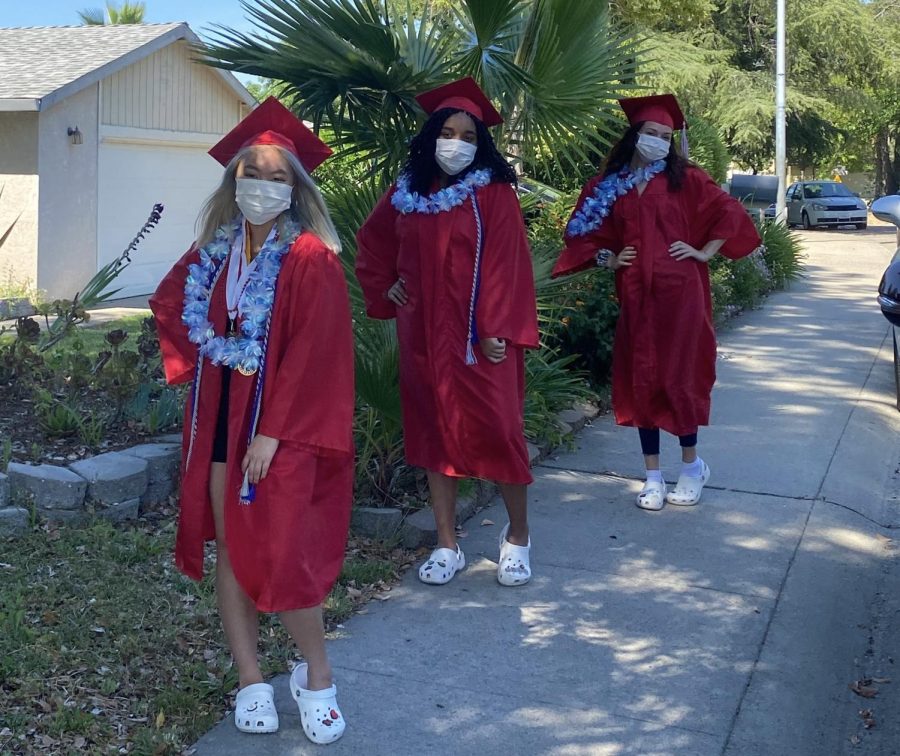
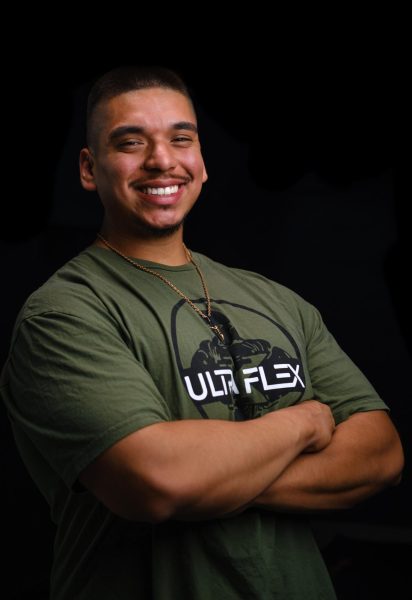
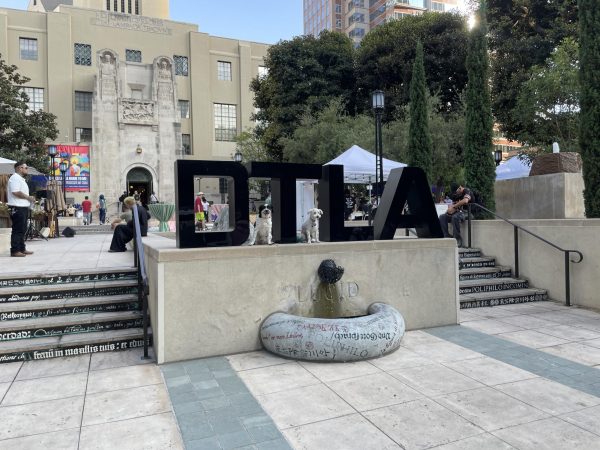
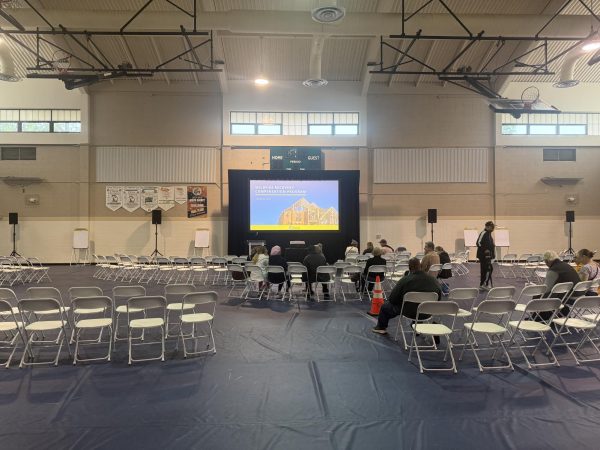
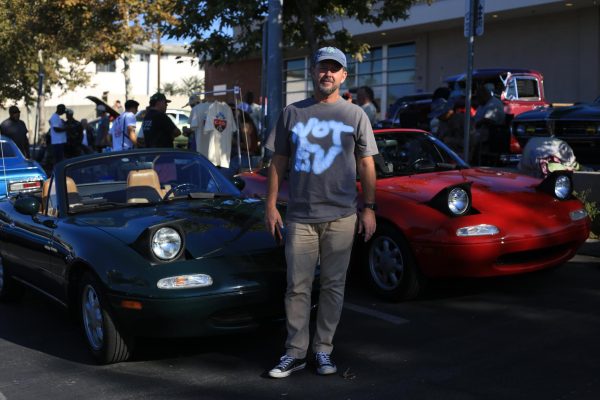
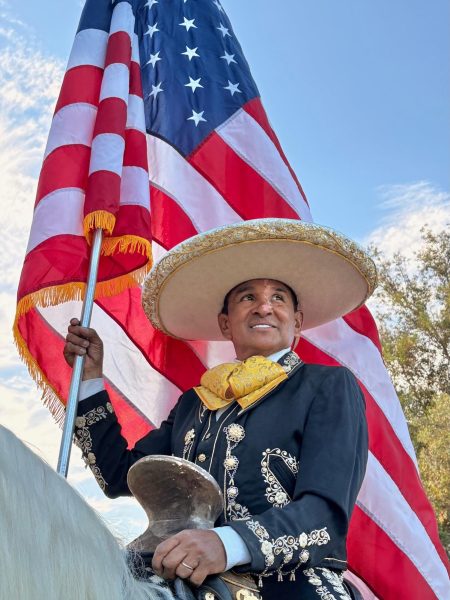
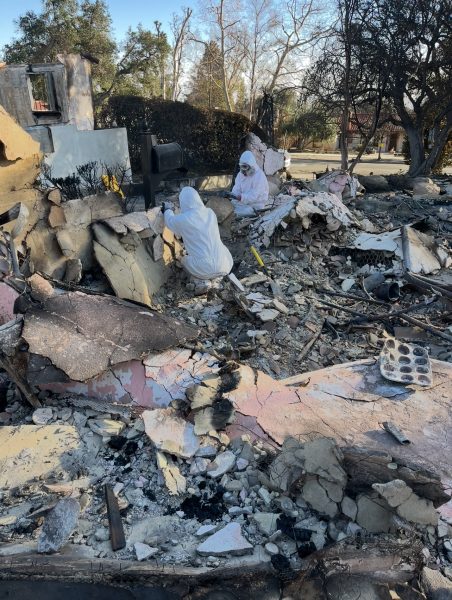
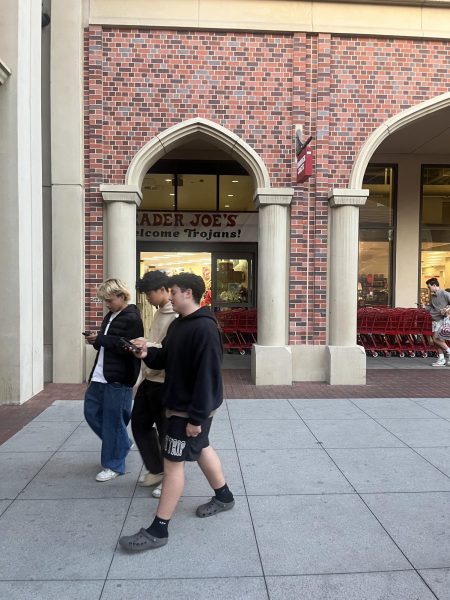
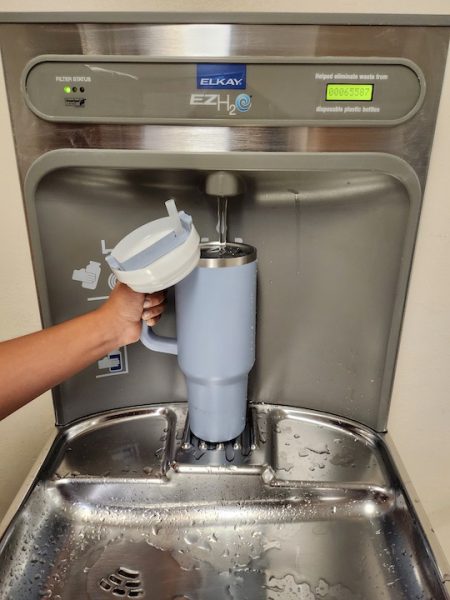
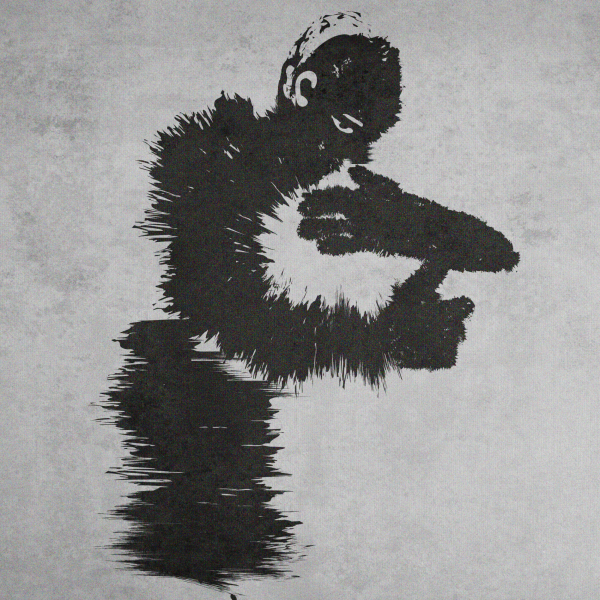
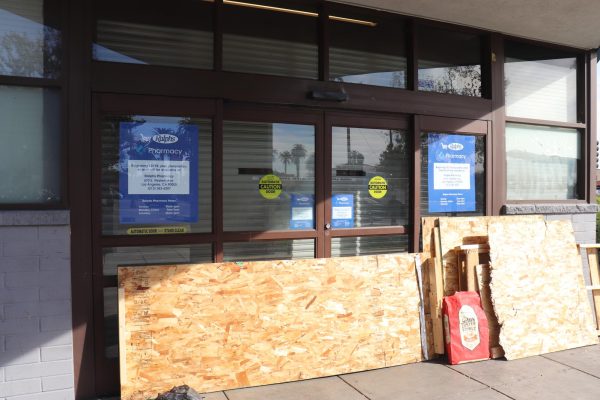
Kathleen Clausen • Dec 8, 2022 at 3:13 pm
What an excellent article of your experience during the pandemic. It is so real to your experience and to many others. You have placed the experience as the truth during these times of pandemic. It is a grieving time to many losses. Great writing, Asha.